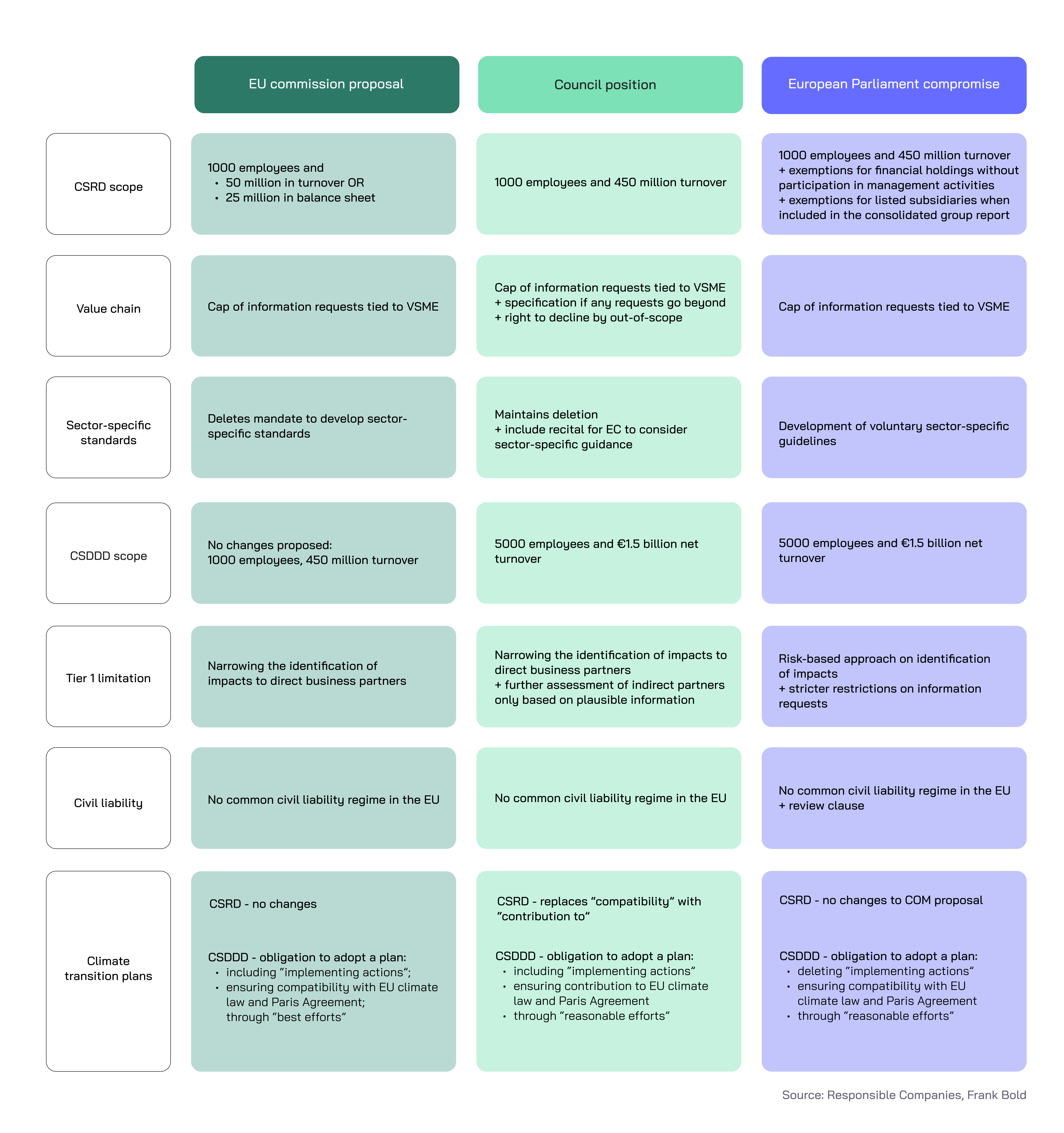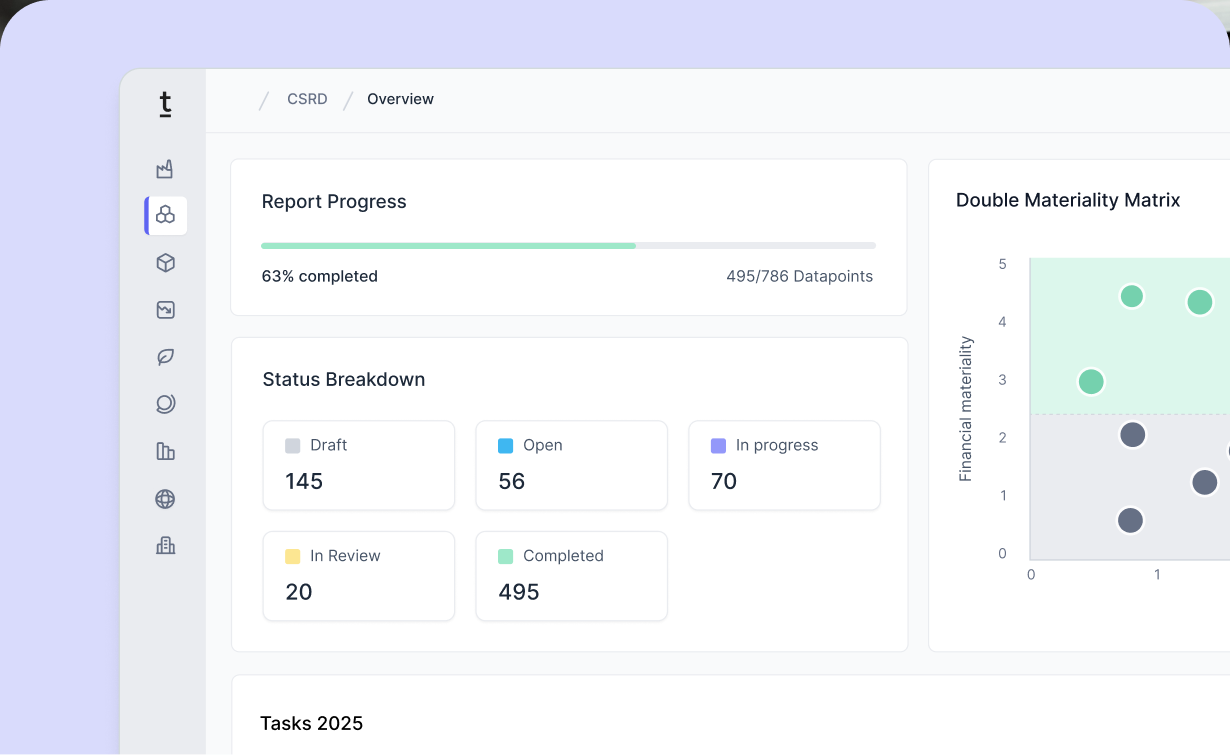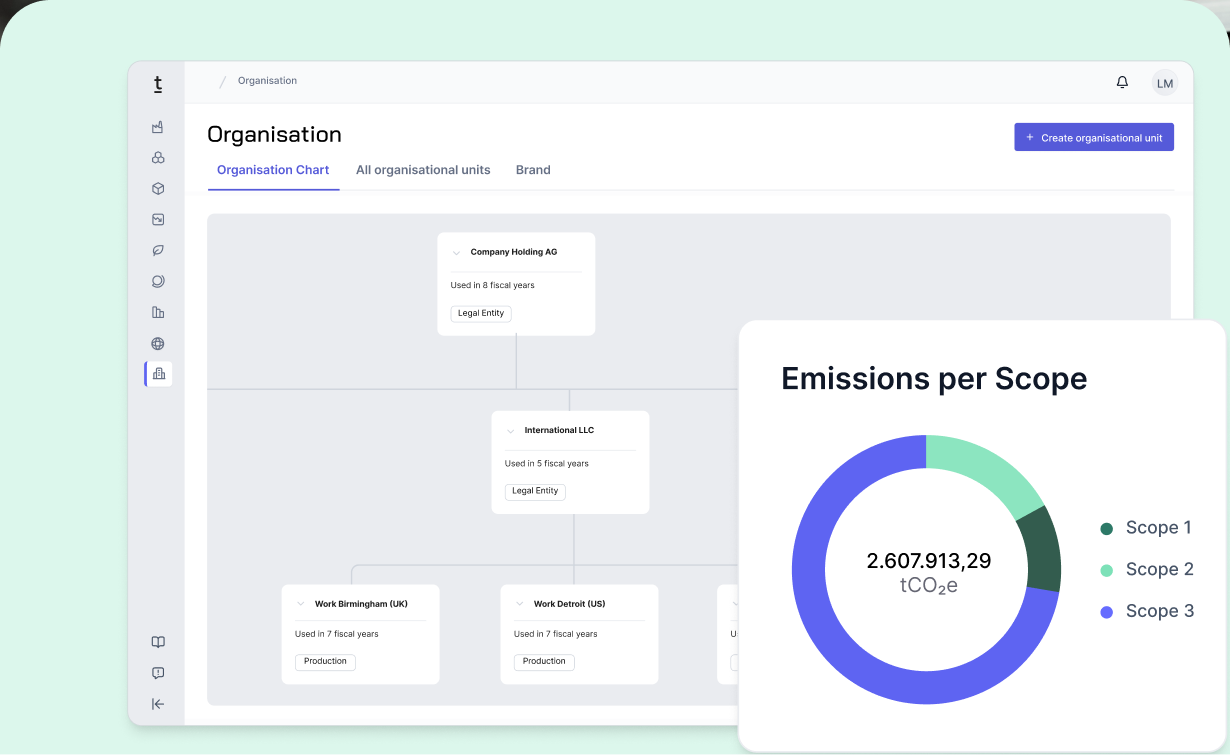Legal Affairs Committee (JURI) agrees on raising the thresholds for CSRD and CSDDD

Today, the Legal Affairs Committee of the European Parliament, as the responsible committee, approved the European Commission’s omnibus proposal to increase the thresholds for the CSRD and CSDDD.
Specifically, a narrow majority of Members of Parliament voted in favor of raising the thresholds to:
- CSRD & EU Taxonomy: Companies with more than 1,000 employees and revenues above €450 million worldwide (a reduction of the scope by around 90%)
- CSDDD: Companies with more than 5,000 employees and revenues above €1.5 billion worldwide (a reduction of the scope by around 70%)
The agreement was fiercely contested and pushed through by the votes of the center-left factions. The right-wing factions had advocated for a broader deregulation.
What Happens Next
The proposal will now go to the full European Parliament for a vote next week. No further changes are expected at this stage.
After that, the trilogue negotiations between the European Commission, the Council of the EU, and the Parliament will begin. According to the current schedule, these are expected to conclude on December 8.
An overview of the differing positions can be found here.

In addition, the revised ESRS from EFRAG are expected at the end of November. These will then need to be legally anchored in a delegated act. They will apply no earlier than for the financial year 2026.
National Implementation in Germany
Once the final law text is adopted, EU member states will, under the European Commission’s proposal, have a maximum of 12 months to transpose the changes into national law. Thus, the changes will apply at the earliest to reports for the financial year 2026.
In parallel, the German government’s draft law for implementing the CSRD was referred on October 9 to the lead Committee on Legal Affairs and Consumer Protection, as well as to the Committees on Economic Affairs & Energy, EU Affairs, and the Budget Committee for further deliberation. The draft is also on the agenda of the Bundesrat on October 17.
The government draft already reflects the Stop-the-Clock agreement and the threshold of 1,000 employees. Since Germany should have transposed the CSRD already by June 2024, the EU has launched infringement proceedings against Germany. Therefore, a quick agreement is expected. Whether a new turnover threshold will already be included during the national consultations remains open.
Until then, the NFRD, including the EU Taxonomy, continues to apply in Germany to capital market–oriented companies with more than 500 employees (Wave 1).
What This Means for Companies
The planned EU relaxations give companies below the thresholds more flexibility to design their ESG managementaccording to their needs and set their own priorities.
This includes many well-established sustainability standards, frameworks, and questionnaires already used by companies today, such as GRI, SASB, VSME, CDP, EcoVadis, SAQ.5, and SBTi, which are required by stakeholders like customers, banks, investors, and insurers. International environmental management standards such as EMAS and ISO 14001 have also become widely adopted.
A comprehensive ESG data management system—from collecting sustainability metrics to implementing measures, managing risks, and making adjustments—therefore remains an important strategic success factor for companies.

















































.avif)







.jpg)
.jpg)




















-p-800.webp.avif)
-min-p-800.webp.avif)






-p-800.webp.avif)

